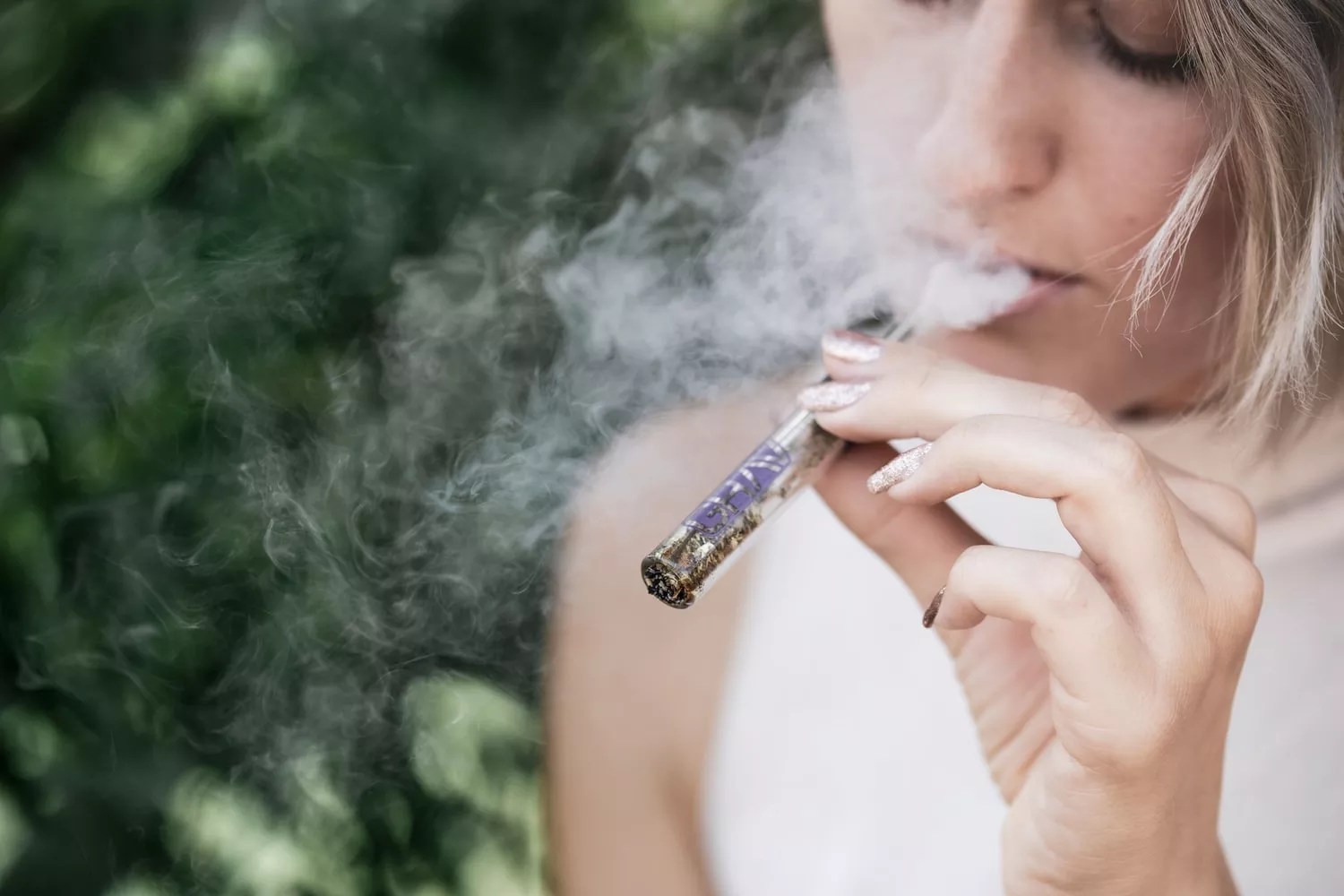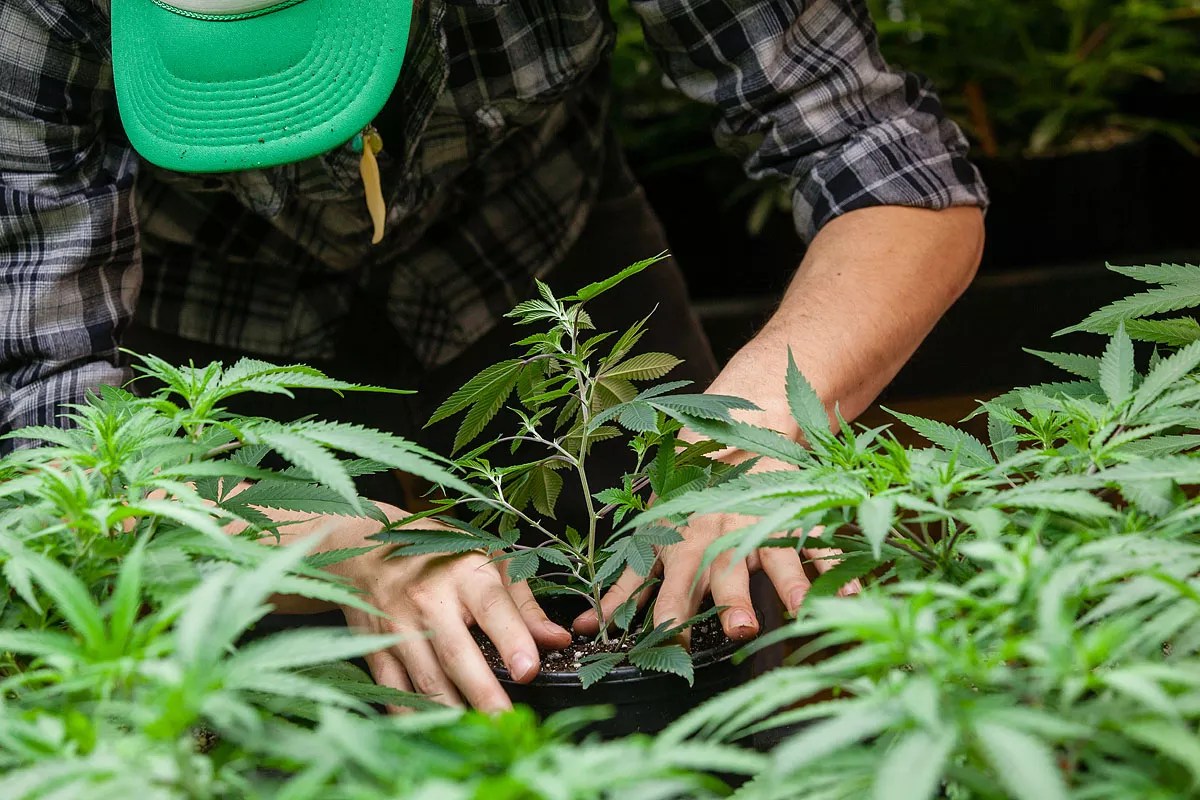
Unsplash

Audio By Carbonatix
Multistate cannabis operator Curaleaf voluntarily recalled a batch of its Arizona product last month after two independent lab tests detected the presence of Aspergillus, a fungi that can cause upper respiratory distress.
The product was Find Flower’s Mac N Cheese trim and flower, batch number MnC-IC123H2-N, according to a statement from Curaleaf. In late 2022, Curaleaf added Find Flower to its brand portfolio.
Unintentional human error caused the contaminated batch to reach the public, Curaleaf said, adding that the product was immediately pulled from dispensary shelves once the company was alerted to the failed test.
“Internal disciplinary action was taken, and the directly responsible team member has been removed from the production area,” Curaleaf added. “We are immediately evaluating our revised quality control practices to correct any gaps and prevent this mistake from occurring again.”
The Arizona Department of Health Services, which oversees cannabis regulations for the state, said no illnesses related to the contaminated product have been reported since it tested positive for fungus on Oct. 10.
Curaleaf did not respond to questions from Phoenix New Times.

Microscopic image of Aspergillus fumigatus, a fungus that was discovered on a batch of Find Flower’s Mac N Cheese flower and trim.
Centers for Disease Control and Prevention
Effects of fungi on cannabis and humans who consume it
Curaleaf’s recent recall is one of several products recalled in Arizona this year due to concerns over Aspergillus, a genus of common mold species that can cause infections or allergic reactions.
Independent labs, such as Phoenix’s Delta Verde Labs, are overseen by the Medical Marijuana Testing Advisory Council which was established in 2019 by Senate Bill 1494. Cannabis operators are responsible for submitting their products to labs for testing and for alerting ADHS when a product is contaminated. ADHS will then alert the public, as it did with the recent Curaleaf contamination.
So far in 2023, ADHS has reported 18 possibly contaminated products. However, false positive test results sometimes happen, so many products are retested and found to be uncontaminated. Of the 18 initial recalls listed by ADHS in 2023, 10 were lifted after retesting.
Despite false positives, the possibility of the presence of Aspergillus is worrisome for some.
“If someone has an underlying health condition, or they’re immunocompromised, they’re going to be more susceptible to infection,” ADHS spokesperson Travis Ross told Phoenix New Times.
Exposure to Aspergillus species can trigger aspergillosis, a disease that can infect skin tissues or cause lung cavities in serious cases. However, healthy adults who smoke recreationally likely will have “mild reactions” to Aspergillus-contaminated cannabis, Ross said.
Since recreational pot sales started in January 2021, ADHS hasn’t received any reports of people being hurt by these contaminants, Ross added.

While ADHS is primarily concerned with instances of Aspergillus contamination, a study published by the scientific journal Frontiers in Microbiology in October has suggested that the presence of other fungi could be troublesome.
shutterstock.com
‘Regulations are better than prohibition’
It’s not uncommon for labs to detect contaminated cannabis products due to the plant’s susceptibility to environmental factors, such as animals and airborne spores. For example, plants growing outside can be exposed to the elements or animals, which introduce contaminants. Additionally, as was the case with Curaleaf, a worker could accidentally spread spores if they touch a contaminated plant, Ross said.
ADHS’ guide to marijuana regulation lists all the microbial contaminants labs test for, such as E. coli, Salmonella and four dangerous Aspergillus species. However, there are numerous other fungi that can pollute cannabis, including Penicillium, Fusarium and Mucor spp.
“According to our rules, at least right now, (Aspergillus) is the only one that we actually look for,” Ross told New Times. He said cannabis operators’ quality control takes care of many of the other types of microbial contaminants.
While ADHS is primarily concerned with instances of Aspergillus contamination, a study published by the scientific journal Frontiers in Microbiology in October has suggested that the presence of other fungi could be troublesome.
“From the perspective of consumer health, the destruction of plant tissues and the production of spores and mycotoxins in association with cannabis and hemp plants are deemed of potential concern,” the study said.
Myotoxins, or the toxic compounds that are naturally produced by certain fungi, some of which are common to cannabis plants, are capable of causing disease and death in both humans and other animals, according to the National Institutes of Health.
Because of the harmful effects of myotoxins, the study asserted that more stringent testing regulations would be beneficial.
“Although fungi and mycotoxins are common and well-studied contaminants in many agricultural crop species, they have been generally under-studied in cannabis and hemp,” the article suggested.
Maxwell Leung, a professor at Arizona State University who was part of the research team, said some studies suggest the legalization of cannabis production could improve product quality and reduce the amount of mold contamination.
“These observations point to the need to harmonize the regulatory action levels for mycotoxin contaminants across all legalized jurisdictions for cannabis production. It also underlies the importance of supporting legal cannabis and hemp production systems where stringent regulations ensure a higher-quality product,” Leung told ASU News.
Leung’s sentiment is echoed by Demitri Downing, president and founder of the Marijuana Industry Trade Association.
“This is why regulations are better than prohibition,” Downing said. “During prohibition, no one was asking these questions or pushing the importance of safety for consumers.”

Dispensaries are not required to replace recalled products, but it is not uncommon for them to do so. Just make sure you hold on to the packaging.
O’Hara Shipe
How to know if your cannabis is safe to consume
Because Aspergillus can’t be seen by the naked eye, it can be tough to know if your cannabis is safe to consume. So, Downing recommended always checking ADHS’ website for recent recalls.
“As consumers, we also have to be responsible for what we are putting in our bodies. ADHS will put out the warnings, but consumers need to be sure to check,” he said.
Although ADHS does not list the dispensaries where contaminated products were sold, the agency does list the company that produced the product. Consumers who purchased recalled products are encouraged to contact the dispensary where they made the purchase. When a New Times reporter called a Curaleaf store in the Valley, they were asked for their name and product information. They were told someone at the store would verify the purchase and then either replace or refund the contaminated product.
Additional reporting by O’Hara Shipe.